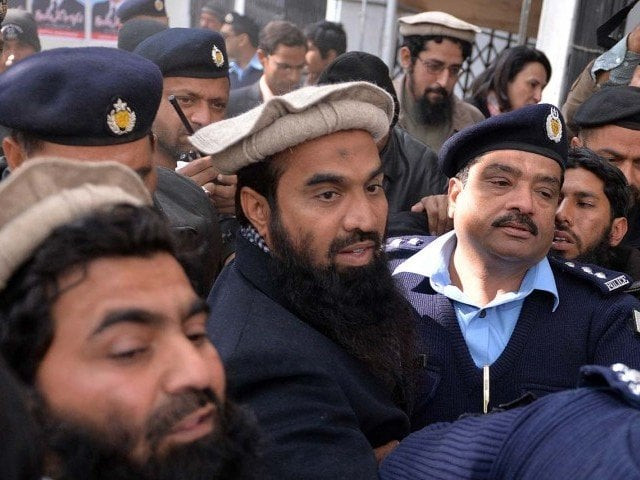Terrorism on trial
Decision eventually reached in Lakhvi's case could have far-reaching repercussions given the sensitivity of the case

It is imperative that justice not only be done but also be seen as having been done, so that correct message can be sent out by courts PHOTO: AFP

In its ruling, the Supreme Court stated that decisions should not be taken in haste and both sides needed to be given sufficient time to present their case. Speaking for the government, the Attorney General of Pakistan had said that while the prosecution had been able to put up more than 50 witnesses despite the dangers faced by them and the series of threats made, it needed more time to solidify the case. This request had been denied by an anti-terrorism court on December 18, after which Lakhvi was detained under the broad Maintenance of Public Order law. The IHC had overturned this detention.
The Supreme Court ruling seems to make good sense. It is obviously important, for the sake of a fair trial, that time be given for all the facts to be put on record. This appears not to have happened in the Lakhvi case. The matter will now revert to the IHC which will resume hearing the case on January 12. The decision eventually reached in the matter could have far-reaching repercussions given the sensitivity of the case and the fact that New Delhi is also obviously very interested in the fate of those accused in the Mumbai attack and will be closely following developments at a time when tensions between the two nations are high. It is, therefore, imperative that justice be done, and also be seen as having been done, so that the correct message can be sent out by the courts at a time when they are under tight scrutiny.
Published in The Express Tribune, January 9th, 2015.
Like Opinion & Editorial on Facebook, follow @ETOpEd on Twitter to receive all updates on all our daily pieces.














COMMENTS
Comments are moderated and generally will be posted if they are on-topic and not abusive.
For more information, please see our Comments FAQ